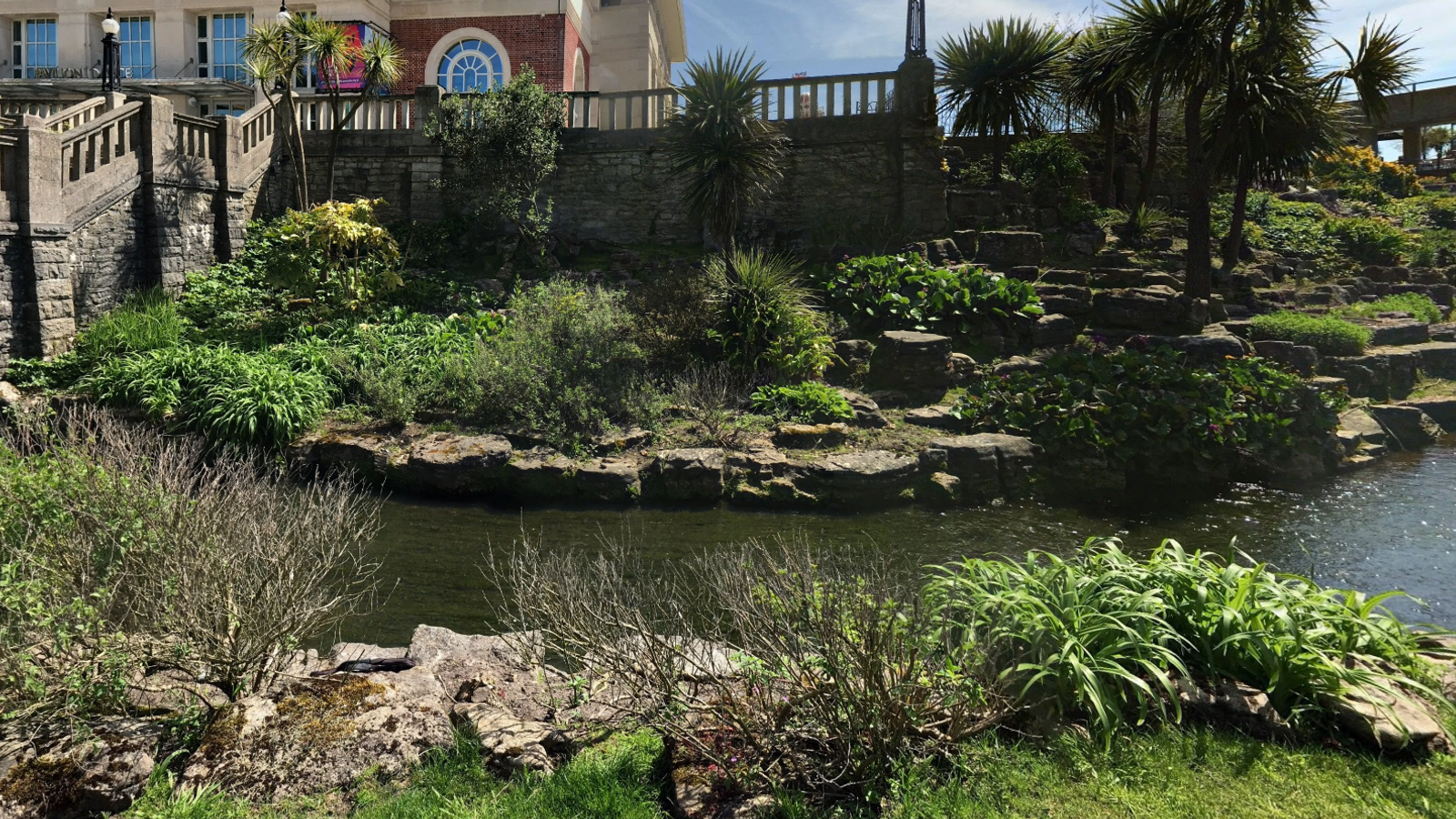The United Nations Security Council will meet later today to talk about Russia’s claims that the US and Ukraine are developing biological weapons.
The allegations have been made a number of times, most recently on Wednesday by Russia’s foreign ministry spokesperson Maria Zakharova, and Dmitry Chumakov, a Russian deputy UN ambassador.
Mr Chumakov urged Western news outlets to investigate the “secret biological laboratories in Ukraine” and Ms Zakharova said Russian troops had found documents in Ukraine showing an “emergency attempt to erase evidence of military biological programmes”.
Russia’s defence ministry published a “briefing” about the US Defence Threat Reduction Agency’s “leading role” in “financing and conducting military biological research on the territory of Ukraine”.
The ministry said some of the research – which it described as “reckless and irresponsible” – was examining animals such as bats as “potential biological weapons agents”.
Please use Chrome browser for a more accessible video player
‘A bunch of malarkey’
The US has dismissed the claims as “laughable” and White House press secretary Jen Psaki described them as “preposterous”, adding: “This is all an obvious ploy by Russia to try to justify its further pre-meditated, unprovoked, and unjustified attack on Ukraine.”
Olivia Dalton, spokesperson for the US Mission to the United Nations, said: “This is exactly the kind of false flag effort we have warned Russia might initiate to justify a biological or chemical weapons attack.
“We’re not going to let Russia gaslight the world or use the UN Security Council as a venue for promoting their disinformation.”
Pentagon press secretary John Kirby called the Russian allegations “a bunch of malarkey”.
Please use Chrome browser for a more accessible video player
‘If you want to know Russia’s plans, look at what Russia accuses others of’
Ukraine’s president Volodymyr Zelenskyy said Russia’s claims “make me really really worried because we’ve been repeatedly convinced: if you want to know Russia’s plans, look at what Russia accuses others of”.
Like many other countries, Ukraine has public health laboratories researching how to fight dangerous diseases affecting both animals and humans.
This research has received support from the US, Europe, and the World Health Organisation.
Mr Zelenskyy insisted these centres were engaged only in “ordinary science – not military technology”.
Subscribe to the Daily podcast on Apple Podcasts, Google Podcasts, Spotify, Spreaker
He added: “We are decent people.
“I am the president of a decent country, a decent nation, and the father of two children.
“And no chemical or any other weapons of mass destruction were developed on my land.
“The whole world knows that.
“You [Russia] know that, and if you do something like that against us, you will get the most severe sanctions response.”
UN spokesman Stephane Dujarric said that the WHO said it was “unaware” of any Ukrainian government activity which is “inconsistent with its international treaty obligations, including on chemical weapons or biological weapons”.
Please use Chrome browser for a more accessible video player
Key developments:
• A US defence official says Russian soldiers are edging closer to Kyiv
• Satellite images suggest a large convoy of Russian troops has dispersed and redeployed
• Boris Johnson has told Sky News it has been “deeply upsetting” to reject calls for a no-fly zone over Ukraine
• The UN Security Council will meet today to discuss Russia’s claims that the US and Ukraine are developing biological weapons – despite firm denials from both countries
• Facebook is reportedly planning to allow posts that call for Vladimir Putin’s death in some countries
Ukraine warned to destroy high-threat pathogens
Meanwhile, the WHO has urged Ukraine to destroy any high-threat pathogens in its public health labs to prevent “any potential spills” that could spread disease.
The organisation told Reuters news agency it had worked with Ukraine’s public health officials for several years to prevent “accidental or deliberate release of pathogens”.
Please use Chrome browser for a more accessible video player
It added: “As part of this work, WHO has strongly recommended to the Ministry of Health in Ukraine and other responsible bodies to destroy high-threat pathogens to prevent any potential spills”.
There were no details given on what kinds of pathogens might be housed in Ukraine’s labs.








